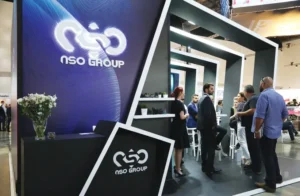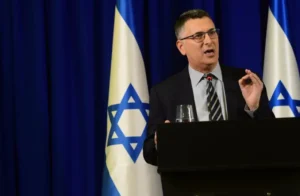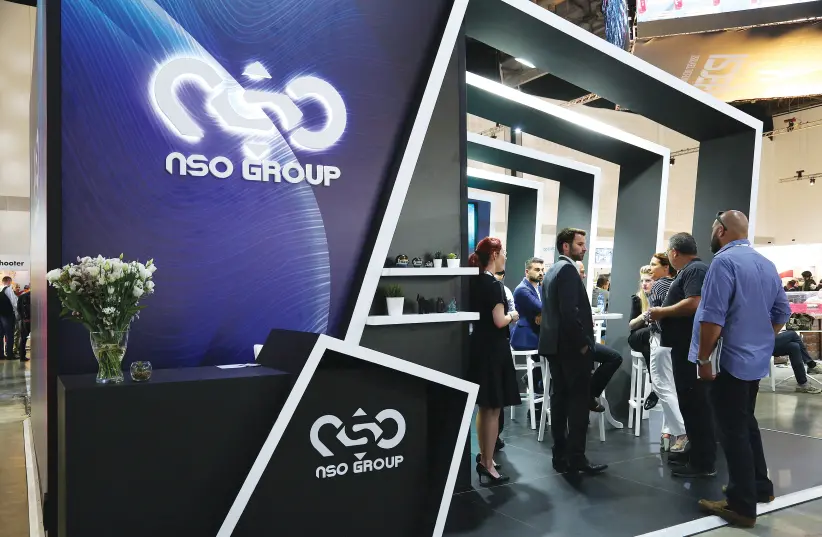Israel Bar Association President Avi Himi said that despite Monday’s report absolving NSO of the original list, it actually rains down pretty hard on the police.

Israel Bar Association President Avi Himi on Wednesday called for a state inquiry or other external probe of the police NSO Group cell phone spying allegations – despite a government report on Monday whose headline mostly cleared law enforcement’s name.
Himi said that despite the report’s main determination – that allegations of hacking cell phones of a specific list of around three dozen public officials by the Calcalist outlet were untrue – its secondary findings blasted the police pretty hard.
He wrote his recommendation in a letter to Justice Minister Gideon Sa’ar, who is known to be more on the spectrum of defendants’ rights in debates about balancing fighting crime and defendants’ civil liberties.
One negative finding of the report was that the police cyber unit’s “Ciphon” cell phone hacking technology (a less advanced version of NSO’s Pegasus) automatically and systematically collected information from cell phones beyond what it was supposed to.
Going a step further, this collection often went beyond the parameters set by court orders, which were the ostensible basis for hacking the phones.

In addition, the report said that the police rarely explained to judges the full extent of the invasiveness of the technology they would be using, finding instead that the courts generally thought they were approving something akin to wiretapping.
The bar association president’s letter also said that the Knesset must rush to pass imminent legislation to govern the issue, expressing doubt about whether the police’s use of the cell phone spying tool is legal without clearer parliamentary oversight.
What has been the government’s reaction?
Himi also implied that the government report, led by Deputy Attorney-General Amit Merari, had used careful and ambiguous language to clean-up any issues which were much more legally messy than the report portrayed.
Despite all of those criticisms, Himi said he accepted Merari as being a well-meaning expert who tried to be neutral.
The report itself also said clearly that almost none of the hacked material which was collected beyond what courts authorized was ever used by the police investigations unit for cases.
Rather than attacking Merari or her team, Himi wrote that their task force simply lacked some of the authority and aggressiveness that a state inquiry or other external body would have to dig deeper into the issue.
Himi usually supports law enforcement and the courts in the face of attacks by politicians.
However, this specific issue has angered almost the entire defense lawyer community, a key constituency for determining who runs the bar association.
They are worried that the police won past cases unfairly and could win new cases unfairly in the future if the cell phone hacking issue is not fully addressed soon.

